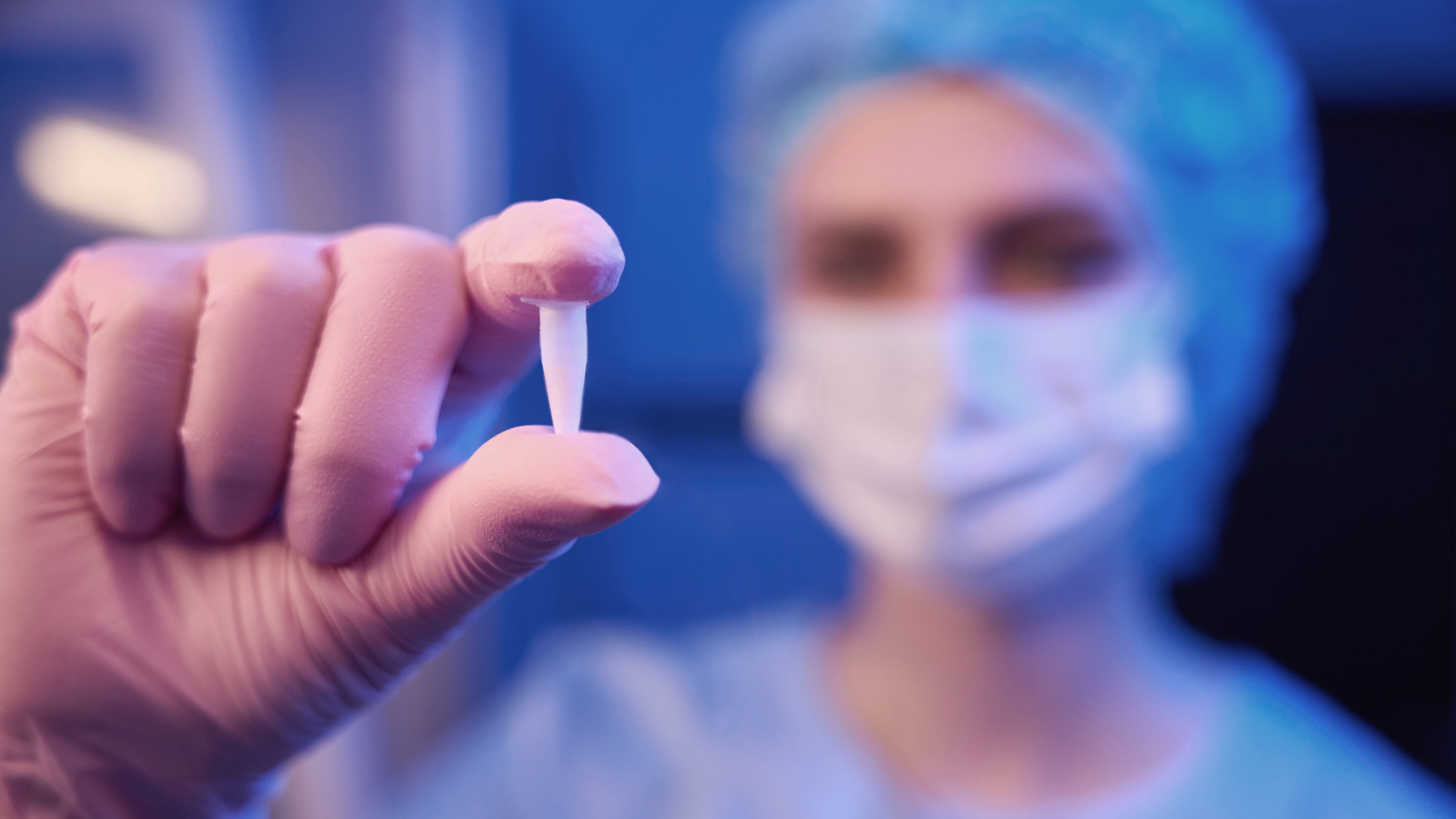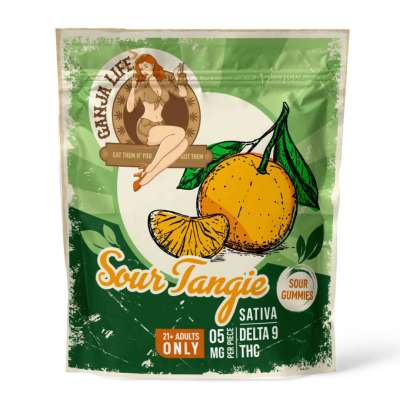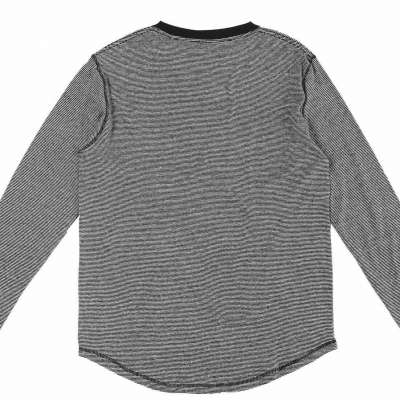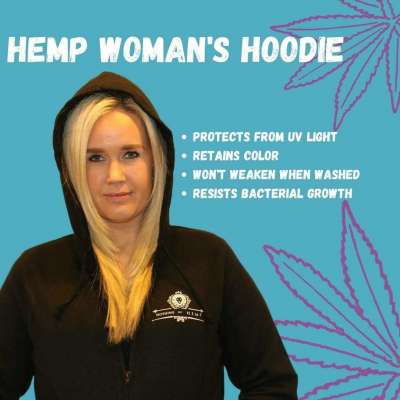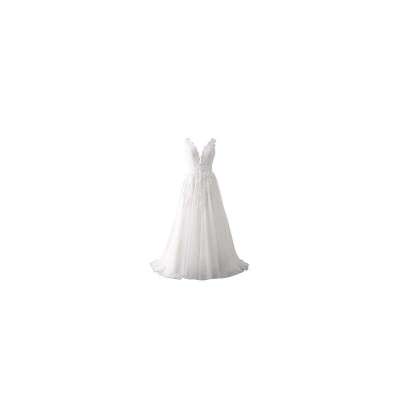
www.thegospelcoalition.org
Who Gets to Define a ‘Healthy’ Baby?
“Should human life be optimized?” asks the second installment in a new three-part series by the The New York Times titled “The Embryo Question.”
It features Orchid, a cutting-edge technology company (based in the United States) that offers “polygenic risk scoring” for embryos created through IVF. Orchid’s scientists claim that using whole genome analysis enables them to accurately screen and assess embryos for various “risks,” including cancers, birth defects, chromosomal abnormalities, and neurodevelopmental disorders like autism. Armed with these results, hopeful parents can feel confident when selecting embryos before implantation during an IVF cycle.
Orchid’s tagline is “Have healthy babies.” But who gets to define “healthy”?
Screening for Birth Defects or Personality Problems
According to the Times, it’s unclear if companies like Orchid can deliver on their promises. Genome mapping is complex, and the link between certain genetic propensities and the actualization of a particular condition is nonlinear and often proves confusing, even to the most advanced scientists. Simply rating an embryo for potential risks doesn’t mean the child will or won’t have a particular condition.
But proponents of the technology, like prominent pronatalists Simone and Malcolm Collins, insist otherwise. According to the Times, Elon Musk and the Collinses have used such technology to screen embryos before implantation. The Collinses even report selecting embryos based on behavioral traits. In one particularly revealing comment, Simone explains wanting and then selecting for implantation female embryos that would be “low stress,” and explains that so far, the couples’ two daughters appear “extremely chill and genial.” The subtle misogyny underlying this flippant remark goes unnoticed by the Times.
Like the Collinses, I’m expecting a fifth child—I’m weeks away from welcoming him, God willing, into an already large family. But I didn’t make my son in a lab and select him due to potential traits. This child will be welcomed after three consecutive miscarriages, which were most likely due to genetic abnormalities and aberrations that could have been screened for and carefully avoided.
Wrong Moral Choice?
My child will be welcomed, among other siblings, by a big brother with severe congenital abnormalities. David is Deafblind, with a cleft lip and palate and with complex brain abnormalities. Nothing about David was chosen, controlled, or planned. He is, simply, a gift.
Nothing about David was chosen, controlled, or planned. He is, simply, a gift.
Hastings Center president Vardit Ravitsky told the Times that the mere availability of technologies like the risk-scoring of embryos leads to societal expectations to use such tools routinely, and “the rejection of it or the refusal of it becomes a morally significant choice.” She points to “extensive literature showing that women who refuse prenatal testing are seen as irresponsible.”
In the future, then, welcoming children like David will be seen as an obvious moral wrong, if it isn’t already. Not only will families like ours be judged for “forcing” a child to endure pain and suffering, but folks will complain that healthcare dollars should be spent elsewhere—on healthy people, instead of on a “voluntary charity project,” like David, doomed to fail expensively. There’s no cure for a child like David.
Illusion of Control
We’ve been here before. A Nazi propaganda poster reminded Germans that a disabled person can cost the community today’s equivalent of hundreds of thousands of dollars over his lifetime. “Comrade, this is your money too!” the poster chides. Peruse the comments of a Times article about trisomy 18 and you’ll find similar sentiments.
A closer look at Orchid’s website reveals the true product for sale, the scaffolding that lies underneath innocuous-sounding goals like reducing childhood cancer rates. One customer testimony says it all: “This is the way to reduce disease and suffering in kids, and is the best thing you can do for your child and yourself.”
What companies like Orchid are really selling to parents is the illusion of control repackaged as responsibility. But parenting is fundamentally a project that upends control. This is a feature, not a bug, of forming families. Companies like Orchid prey on real fears: that welcoming children will also, by turn, lead to pain and suffering.
Christian, have no illusions about welcoming children. It will indeed lead to pain and suffering.
Upside-Down Kingdom Parenting
Christians should be the first to reject these insidious technologies of embryonic screens as contrary to the upside-down logic of God’s kingdom. Participation in such screenings is a moral evil. Exerting such control over our most precious biological processes and claiming we know best echoes the first sin, repackaged for today’s historical moment.
We aren’t God, and we certainly don’t know best. We belong to him as his creatures. He created our bodies and called them good. This theological framework allows us to welcome children like David, least in the eyes of this world, as greatest in God’s kingdom, and call them good too. My son isn’t good because of his health, which he sorely lacks. He’s good because he is God’s.
My son isn’t good because of his health, which he sorely lacks. He’s good because he is God’s.
Scripture’s narrative builds the underlying moral theology and anthropology necessary for Christians to reject these fertility control programs. We must resist the temptation to play God and to form families in our own image instead of God’s image. Welcoming children like David is a witness to a world in pain. This is the hope of the gospel played out in the small life of a boy with a profound disability.
God isn’t surprised when the formation of Christian families brings pain and suffering. He gives us his presence in the person of Christ as an answer to our pain. God is with us as we bear children when it feels like the world is falling apart. But more importantly, he’s with our children.
I don’t need Orchid’s promises of “healthy babies” to quell my anxieties about parenting. I have a God who knit my son together in my womb, in his image, and calls David fearfully and wonderfully made. What better assurance is there?
